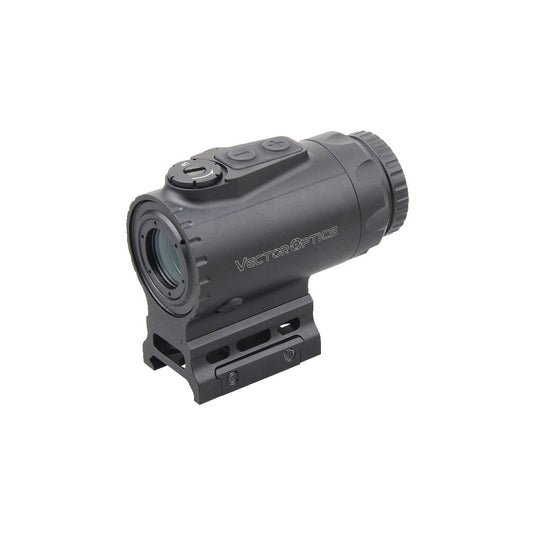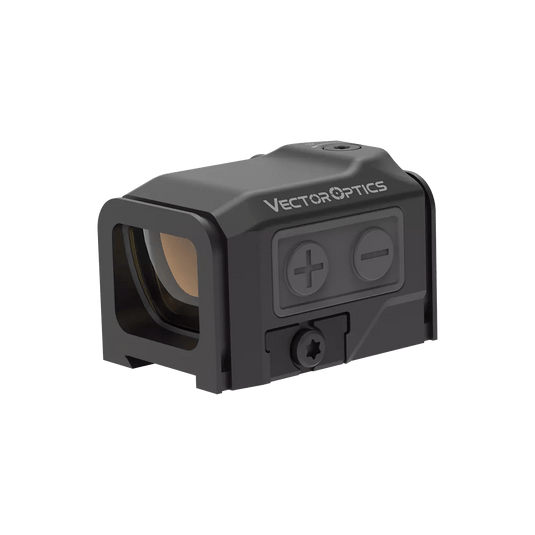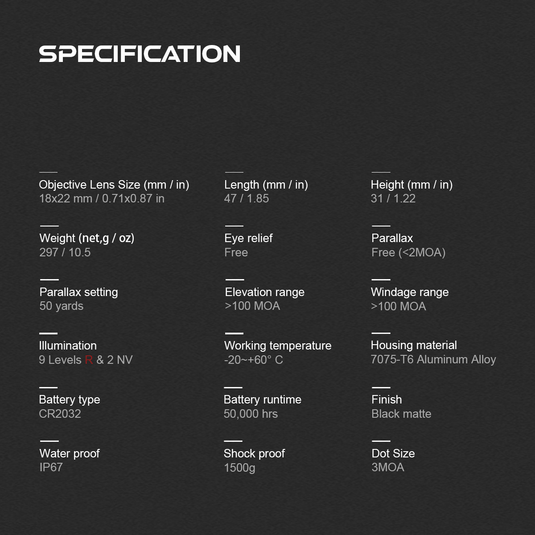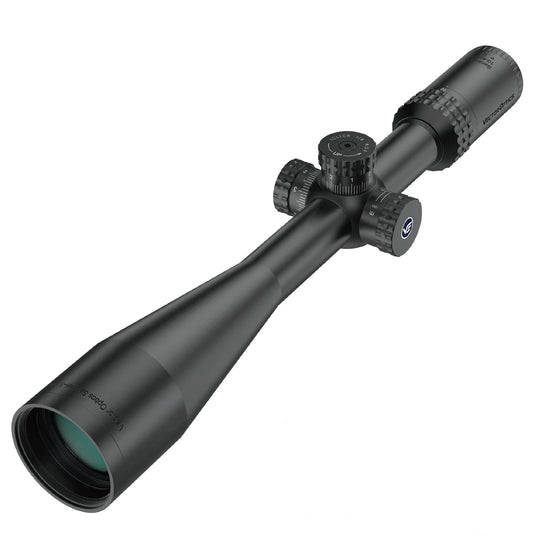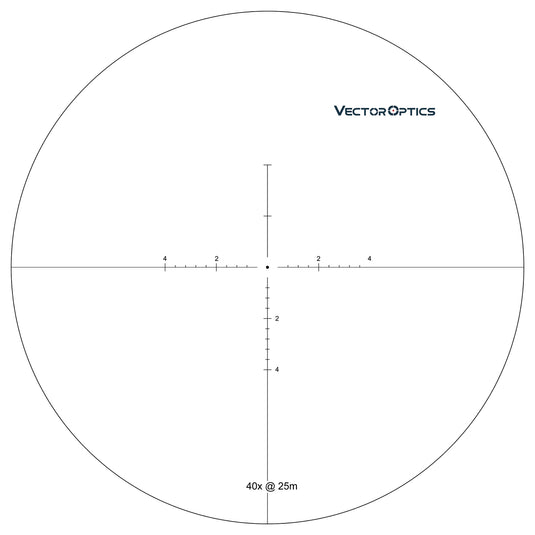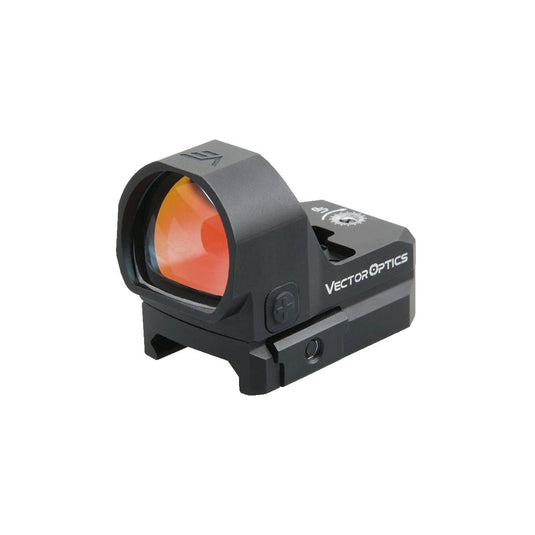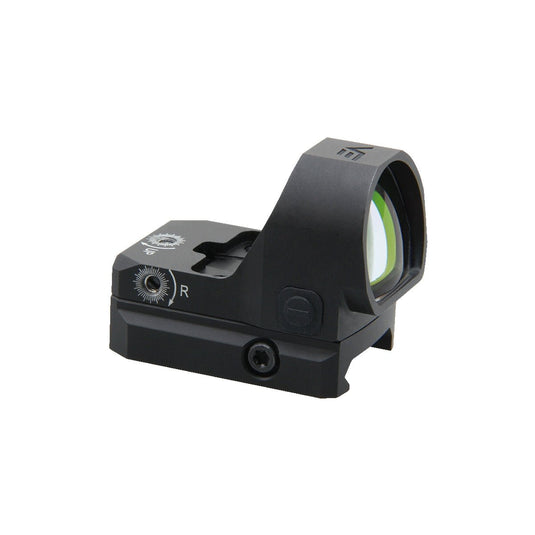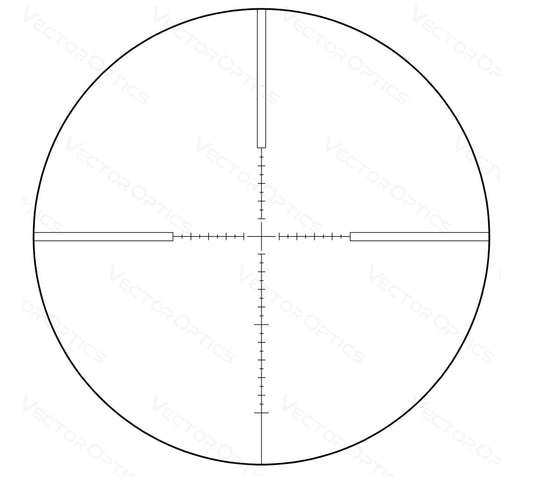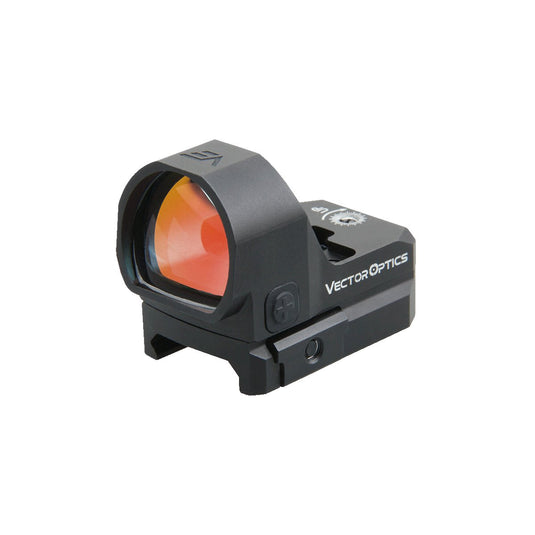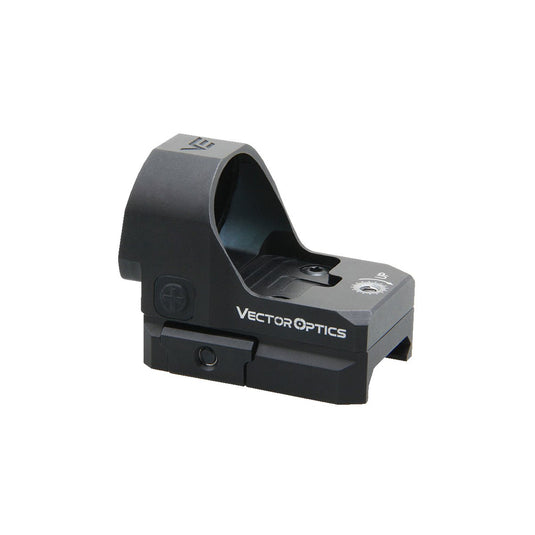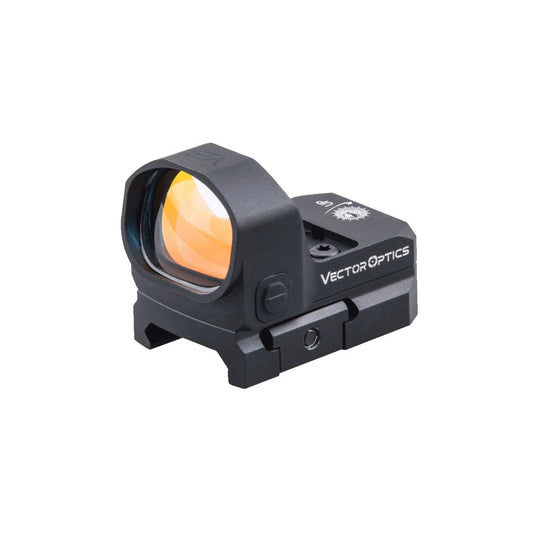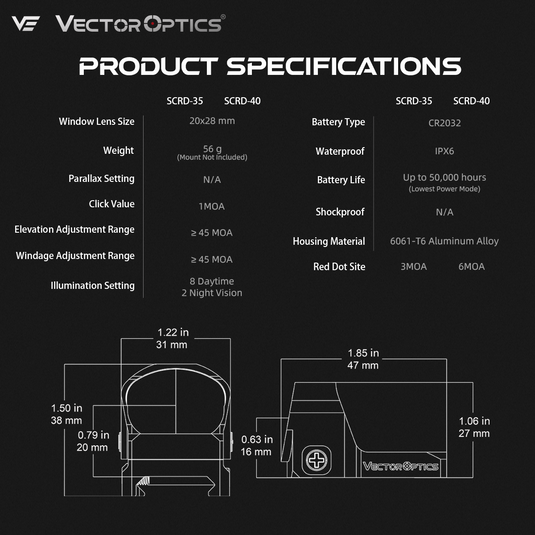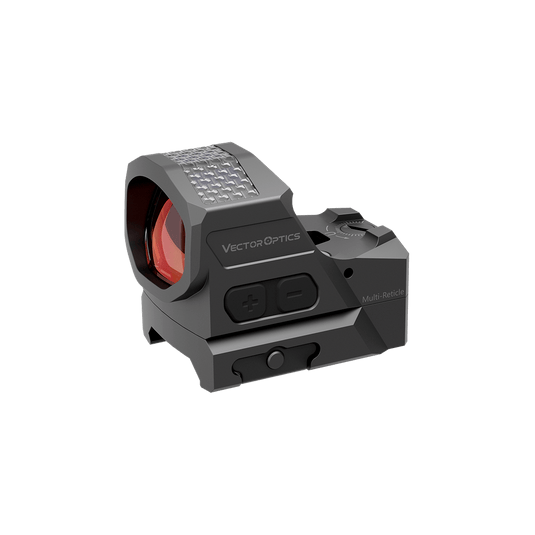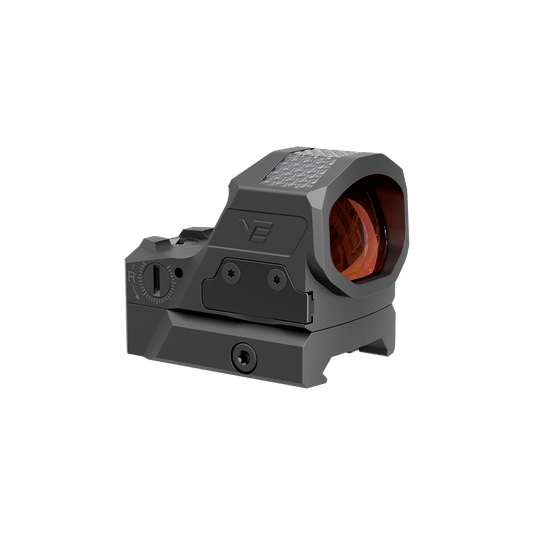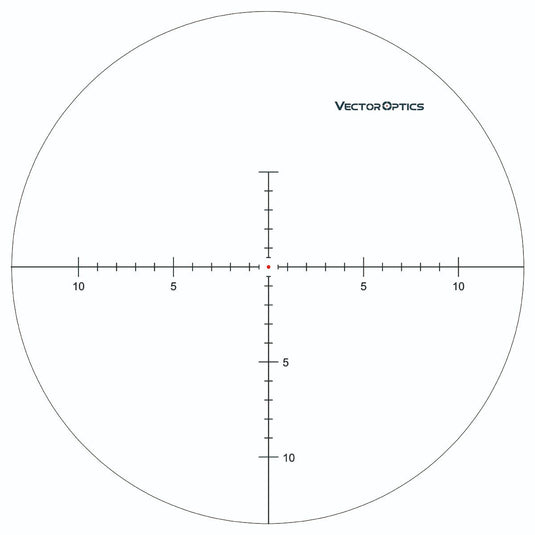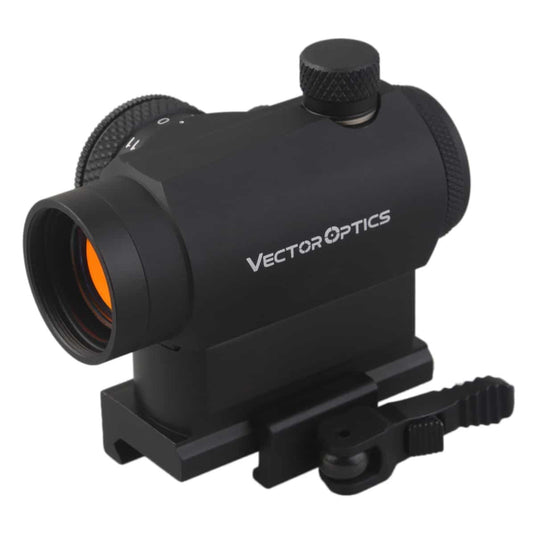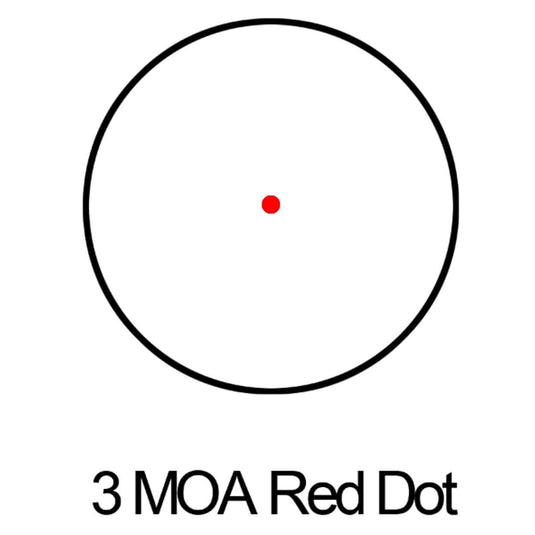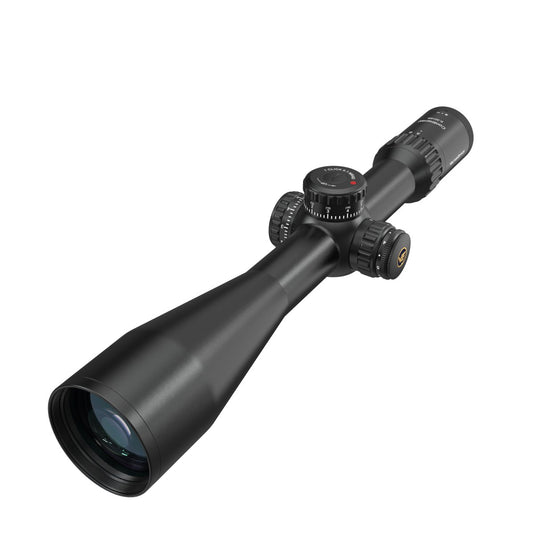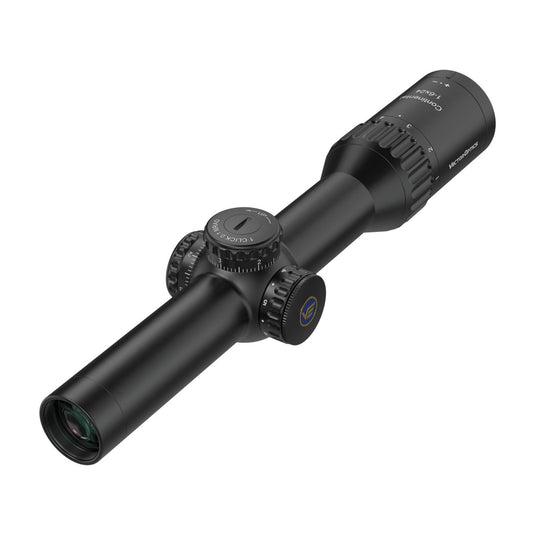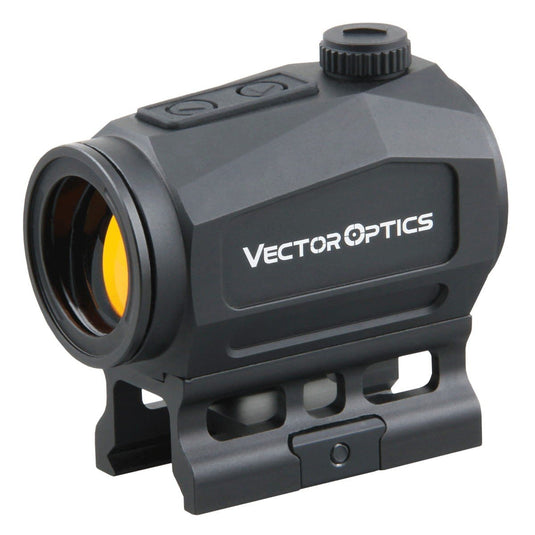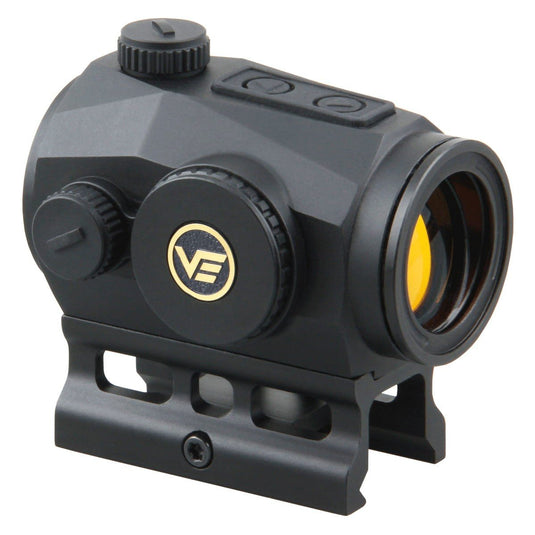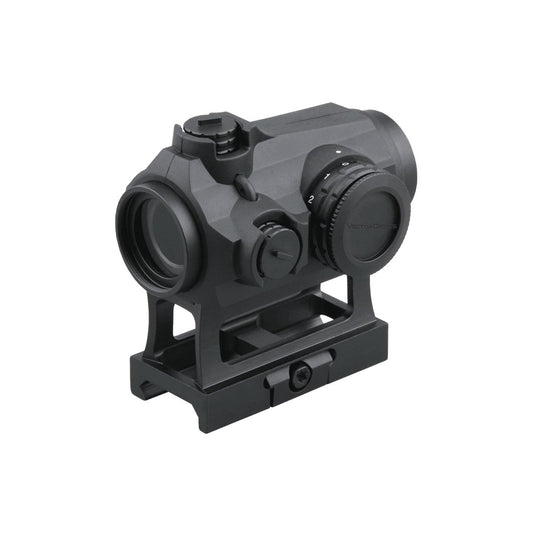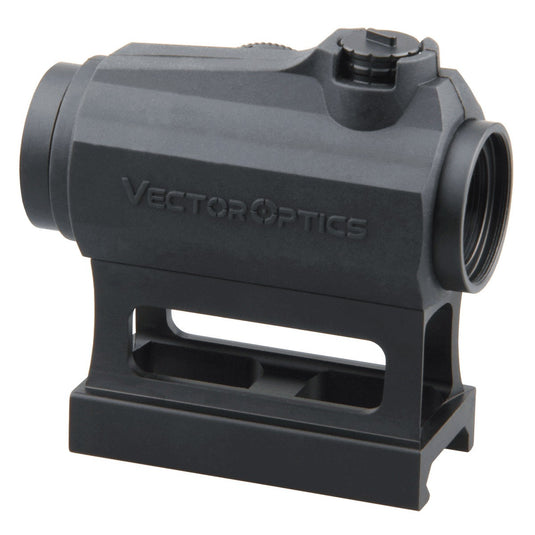Varmint hunting: Varmint refers to small animals that prey on livestock, damage crops, or pose threats to public health and ecosystems. Varmint hunting primarily aims to control populations of these pests to prevent property damage and health risks. Common targets include groundhogs, prairie dogs, coyotes, foxes, and similar animals.
Animal: Varmint hunting targets animals considered as pests, such as groundhogs, woodchucks, prairie dogs, coyotes, foxes, etc.
Distance: 100-300 yards
The typical shooting distance for hunting small game or varmints varies depending on the species, terrain, and the weapon used.
Here are some common ranges:
1.Prairie Dogs and Groundhogs: Due to their small size and tendency to stay at a distance, these targets require precise shooting. Hunters commonly use rimfire or centerfire rifles for ranges between 100 and 300 yards, with the average shooting distance typically falling between 120 and 130 yards.
2.Coyotes and Foxes: When hunting cautious animals, distances can vary widely. Usually, hunters might engage targets from 100 to 300 yards, depending on visibility and the rifle's capabilities.
Time: Generally, early morning and late evening remain the optimal times for hunting. Occasionally, hunters may need to hunt at night since some pests are nocturnal.
Features of Scopes You Should Consider
Focal Plane: FFP and SFP both work
FFP (First Focal Plane) scopes provide the tactical advantage needed for precise, long-range shooting, which is often required in varmint hunting. These scopes are ideal if the shooters demand frequent adjustments in magnification with various distances. FFP allows you maintain accurate holdovers at any range. If you tend to shoot at known distance within a close to mid-range, SFP may be preferred, which the reticle size remains constant regardless of magnification.
The choice between First Focal Plane (FFP) and Second Focal Plane (SFP) scopes largely depends on personal preference and the specifics of the hunting environment. For varmint hunting within 300 yards, SFP scopes are typically adequate and efficient. However, FFP scopes may offer enhanced precision for longer shots over 200 yards, which is crucial for ensuring a clean, one-shot kill and reducing the chance of an animal escaping. Ultimately, the decision should align with the hunter's need for accuracy and the typical engagement distances encountered.
Magnification: 3-12x, 3-18x, 6-24x are recommended
For distances ranging from 50 to 300 yards, we recommend scopes with low to medium magnification, specifically 3-12x, 3-18x, 6-24x. These settings provide adequate magnification for shooter to observe small size target at long-range and maintain a broad field of view for tracking moving targets.
Fiber/Etched reticle: Center dot illuminated etched reticles with simple BDC are highly recommended.
Etched reticles are highly durable, capable of withstanding heavy recoil. They enable intricate reticle patterns that assist shooters in calculating bullet drop compensation(BDC). VE's etched reticle scopes typically feature a center dot illumination, which helps mitigate one of the limitations of etched reticles by improving visibility in low-light conditions. Considering the common range of varmint huntering are within 100 to 300 yards, an etched reticle with simple BDC should be enough for precise shooting.
Fiber-optic reticles improve visibility in diverse lighting conditions by providing a brightly illuminated center dot, facilitating enhanced aiming precision in low-light scenarios. However, the primary limitation of fiber-optic reticles lies in their restriction to simpler designs, typically the G4 pattern.
Light transmission: Over 90% light transmission, German Schott HD and ED glass are recommended.
Given that the target animals are most active in the early morning or late afternoon under dim lighting conditions, it is recommended to use scopes with a high light transmission rate of over 90%. Scopes with such high light transmission provide sharp and crisp images, enabling hunters to capture detailed visuals from a distance, even in low light, and execute precise shots.
Recoil:
For varmint hunting with lighter calibers like .22 LR, .17 HMR, or .223 Remington, the recoil is typically less intense than with larger rifles. It is still crucial to select scopes that are robust enough to withstand the specific recoil levels of your firearms. All scopes from Vector Optics are able to withstand over 750G, so you don't need to concern this part when picking a scope.
Weight:
Typically, scopes weighs between 12 to 24 ounces (340 to 680g) are typically ideal for small game hunting and varmint hunting. This weight range strikes an optimal balance between durability and portability, in case that the hunters may frequently move or cover long distances on foot.
Night vision devices:
Night vision is highly beneficial for hunting varmints, especially since many species are nocturnal and most active at night. Traditional flashlights and other lighting tools can startle nocturnal animals, but night vision devices enable hunters to observe them in darkness without causing disturbance. We will explore more about night vision devices in our upcoming blog posts.
Summary
An MPVO with a reticle pattern that combines G4 and a simple BDC is highly recommended. A scope equipped with high-quality glass that offers excellent light transmission is particularly preferred for its superior clarity and performance under low light condition.
Scope Recommendation
VE Top Line, Continental - Precision Across Generation










